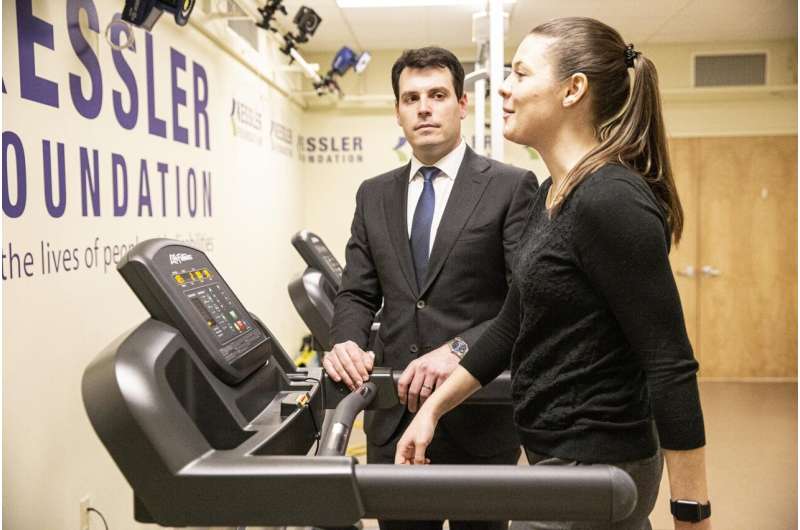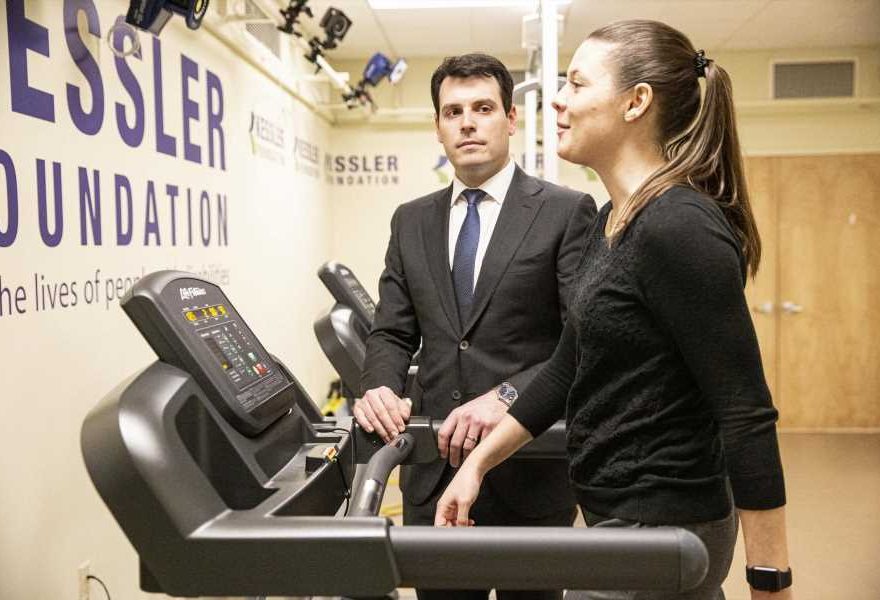
A team of experts encouraged ongoing investigation of the benefits of exercise training for individuals with multiple sclerosis, citing shortcomings of available studies. They outlined their outlook for this avenue of research in, “Exercise in multiple sclerosis,” published in The Lancet Neurology.
Team members countered the conclusions of recent reviews, which stated that exercise training is not associated with neuroprotection in individuals with multiple sclerosis. Evidence suggests that exercise can prevent or reverse existing and measurable neurological damage or decline, asserted team members. They also suggest that available studies are few and poorly designed and should not discourage ongoing research in this promising field.
Shortcomings cited by the team include patient selection (lack of measurable, pre-existing central nervous system damage), design of exercise regimens (too-short durations of training protocols/follow up), lack of a-priori neurophysiological hypotheses (failure to consider brain adaptations and regions of interest for neuroprotection), and selection of neuroimaging techniques (overreliance on whole-brain/structural neuroimaging).
“The shortcomings of existing research preclude the rendering of strong conclusions at this time,” said lead author Dr. Sandroff, senior research scientist in the Center for Neuropsychology and Neuroscience at Kessler Foundation. “Only through rigorous study can we explore the promise of neuroprotection for individuals living with multiple sclerosis,” he stressed.
Source: Read Full Article
